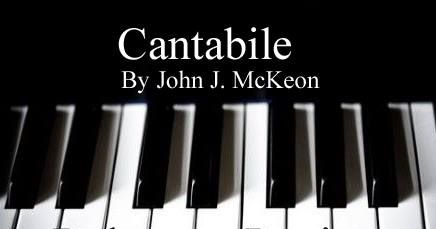
Delmarva Review and the Talbot County Free Library are presenting a celebratory reading of short stories, essays, and poetry by 10 award-winning regional authors. The reading will be at 1 p.m. Saturday, March 16, at the Talbot County Free Library, 100 W. Dover St., in Easton. This event is free and open to the public.
The readers include Sue Ellen Thompson, of Oxford, Anne Colwell, of Milton, DE, George Merrill, of St. Michaels, Meredith Davies Hadaway, of Chestertown, Wendy Ingersoll, of Newark, DE, Bill Peak, of Easton, Kate Blackwell, of Neavitt and Washington, DC, Emily Rich, of Secretary, David Salner, of Millsboro, DE, and Kelley Katharine Malone, of Easton.
The reading celebrates a literary milestone, as the Delmarva Review has now published the original work of over 300 authors over an 11-year history. The writers span 40 states and ten foreign countries, while 52 percent are from the Delmarva Peninsula and Chesapeake region. Over 60 have been nominated for a Pushcart Prize and other literary awards.
As a literary journal, Delmarva Review exists to encourage writers to pursue outstanding writing by offering an established literary publishing opportunity. It is published in print and digital editions available worldwide through Amazon.com and other major online booksellers. With local roots, its influence stretches far beyond regional borders.
The nonprofit review is supported by individual contributions and a grant from the Talbot County Arts Council with funds from the Maryland State Arts Council. Visit its website at DelmarvaReview.org. Order copies at Amazon.com.
# # #









